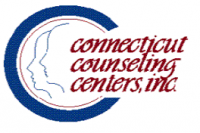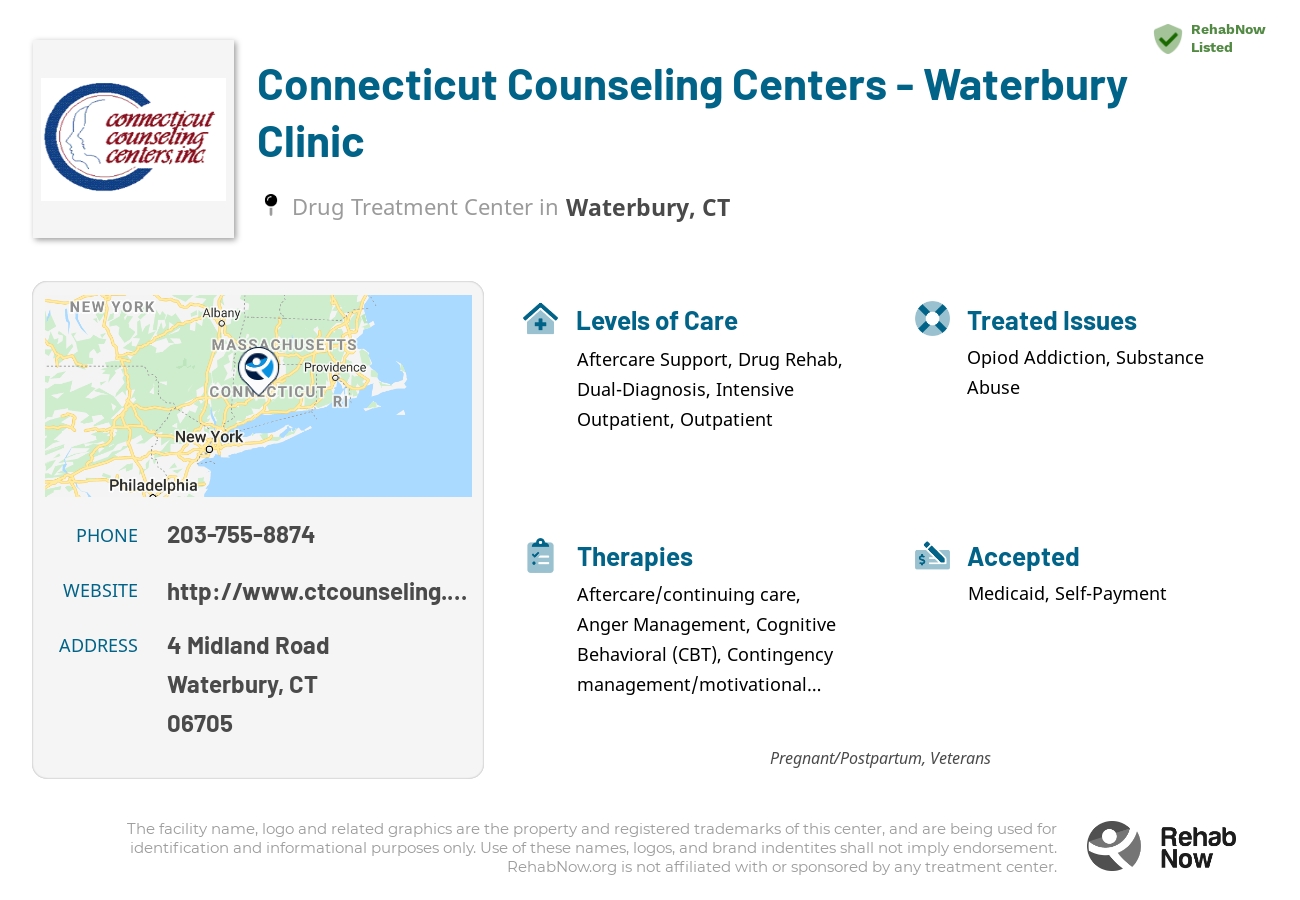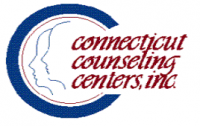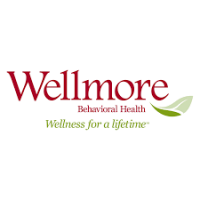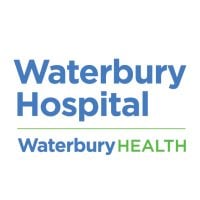About This Connecticut Facility
Connecticut Counseling Centers - Waterbury Clinic is a comprehensive treatment facility in Waterbury, CT focusing on opioid addiction, substance abuse, dual diagnosis, drug addiction, alcoholism, and mental health. Founded in 1968, the clinic provides aftercare support, drug rehab, dual-diagnosis, intensive outpatient, outpatient, and detox treatments in a supportive environment. The clinic is accredited by SAMHSA (Substance Abuse and Mental Health Services Administration) and CARF (Commission on Accreditation of Rehabilitation Facilities) and takes most private health insurance.
At Connecticut Counseling Centers - Waterbury Clinic, the team of counselors and professionals assists patients in recovering from the physical, mental, and psychological distress associated with substance use disorder and addiction. Intervention services for family members, friends, and colleagues are available. Patients have access to relapse prevention, sober living support, mental health counseling, and medical management. Each recovery plan is individualized and designed to meet the specific needs of the patient while providing a safe, secure, and therapeutic environment. Patients can also benefit from personal or group therapy, community outreach and education, life skills proficiency, and more. With the help of this clinic, individuals can take the necessary steps to start a new life in recovery.
Genders
Ages
Modality
Additional
Accreditations
SAMHSA

CARF
The Commission on Accreditation of Rehabilitation Facilities (CARF) is a non-profit organization that specifically accredits rehab organizations. Founded in 1966, CARF's, mission is to help service providers like rehab facilities maintain high standards of care.
Conditions and Issues Treated
Recovering from any type of substance abuse is a long process, but it is one of the most worthwhile and life changing events any addicted person will ever go through. This is a combination of detoxing the body, rehabilitation, and recovery. There is also therapy, aftercare, and support during the entire process.
While substance abuse can take over a person’s life, it is something that can also be overcame by professionals at Connecticut Counseling Centers - Waterbury Clinic in Waterbury, CT
With so many people struggling with opioid addiction, opioid addiction treatment is more critical than ever before. Patients often take opioids when they face a painful injury. When someone begins taking opioids such as Vicodin or oxycodone differently than how the medications were prescribed, this points to opioid addiction.
Stopping these types of medications abruptly is not safe. That is where opioid addiction treatment at Connecticut Counseling Centers - Waterbury Clinic in Waterbury, CT comes in. Most opioid addiction treatment facilities start with detox and move to rehabilitation services while providing medical support during the process.
Getting over an opioid addiction takes time and determination, but with the right support and resources, those struggling with opioid addiction can recover and move forward with their lives.
An underlying cause often brings about addiction. Mental disorders can lie at the center, such as schizophrenia, bipolar disorder or anxiety disorder. As well as the cause of the addiction, a dual diagnosis by Connecticut Counseling Centers - Waterbury Clinic helps to treat the addiction. This ensures that after treatment is complete, the patient will not fall back on old practices.
Levels of Care Offered at Connecticut Counseling Centers - Waterbury Clinic
This center offers a variety of custom treatment tailored to individual recovery. Currently available are Aftercare Support, Detox, Drug Rehab, Dual-Diagnosis, Intensive Outpatient, Outpatient, with additional therapies available as listed below.
Detox is a drug rehab process that begins before the actual drug rehab treatment. It is used to remove any residual toxins left in your body (and brain) after using drugs, and it is used with the intent to help you or your loved one complete drug rehab.
If you are addicted to opiates like heroin, methadone, or prescription painkillers, you will detox with medication. This is because the withdrawal symptoms are often more intense and uncomfortable for an opiate addict than for someone who has abused or is dependent on other drugs, like cocaine.
An intensive outpatient program is a good option for someone in Connecticut with a milder or less severe addiction. An IOP may involve daily meetings at a treatment facility, along with personal counseling and peer meetings. Some IOP programs offer half-day treatment, while others offer full-day programs. Connecticut Counseling Centers - Waterbury Clinic‘s IOP is customized per individual.
Outpatient treatment is treatment that occurs when a patient is not checked into a rehab facility. The patient may show up for therapy sessions, go through detox and engage in other therapies to help them recover. However, they will do so while they live at home in Connecticut.
Outpatient therapy provided by Connecticut Counseling Centers - Waterbury Clinic is usually recommended as a follow up to inpatient therapy. It helps patients adapt to their normal lives after treatment. In some cases, it can also be an alternative to inpatient treatment. People may choose this route if they are unable to leave their jobs, children or if they don’t have the money for inpatient treatment. However, inpatient treatment is the best way to recover from addiction.
Therapies & Programs
Families are not always as supportive as they could be, but by opting for family therapy, many recovering addicts are able to understand their addiction and get the support they need to get sober. These therapy sessions at Connecticut Counseling Centers - Waterbury Clinic in Waterbury, CT involve all members of the family who play a role in the recovering person’s daily life. They work together to overcome past issues, avoid triggers, and remain strong and supportive of each other.
In group therapy, the patient undergoes sessions with other patients dealing with similar problems under the guidance of a trained counselor. The members of the group interact with each other and talk freely about their issues. The recovery of members of the group from the problems that they face gives the patients confidence that they can also overcome their addiction.
Group therapy at Connecticut Counseling Centers - Waterbury Clinic reduces the feeling of loneliness and improves the coping skills of the patients. Group therapy provides patients with continuous feedback from other members. The group dynamics ensure that members start having some structure and routine in their lives.
Dialectical behavior therapy (DBT) is a method of individual and/or group counseling that focuses on acceptance and change. DBT can be very effective in developing coping strategies for negative emotions.
Cognitive behavioral therapy (CBT) is a way of addressing concerns through talking. Talking through issues can identify sources of discomfort or unhealthy thoughts. CBT is a healthy way Connecticut Counseling Centers - Waterbury Clinic addresses some behaviors which may be bringing unintended consequences in a persons life.
Rational Emotive Behavior Therapy (REBT) is a type of cognitive therapy. It is based on the principle that irrational thoughts are responsible for the emotional and behavioral changes in addiction. The therapy starts with identifying the underlying irrational thoughts. These thoughts are then challenged and opposed logically and then replaced with positive thoughts.
Payment Options Accepted
For specific insurance or payment methods please contact us.
Connecticut Counseling Centers Associated Centers
Discover treatment facilities under the same provider.
- Connecticut Counseling Centers - Brookside Clinic in Waterbury, CT
- Recovery Network Of Programs in Bridgeport, CT
- Recovery Network of Programs in Stratford, CT
- Recovery Network of Programs - New Prospects in Bridgeport, CT
- Connecticut Counseling Centers - Norwalk Clinic in Norwalk, CT
Learn More About Connecticut Counseling Centers Centers
Additional Details
Specifics, location, and helpful extra information.
Waterbury, Connecticut 6705 Phone Number(203) 755-8874 Meta DetailsUpdated November 25, 2023
Staff Verified
What else do people call Connecticut Counseling Centers – Waterbury Clinic?
People have occasionally also searched for “Connecticut Counseling Centers Waterbury Methadone Program Detox in Connecticut”
Patient Reviews
There are no reviews yet. Be the first one to write one.
Waterbury, Connecticut Addiction Information
Connecticut has a higher rate of substance abuse and addiction than the national average. The state ranks in the top 10 in the country for illicit drug dependence among those ages 18 to 25. In 2010, there were 9,211 people admitted to an alcohol treatment facility for alcohol abuse combined with a secondary drug. Connecticut ranked fifth in the United States of America for the number of fatalities involving drunk driving in 2014.
Waterbury, CT is a community that has been deeply affected by drug addiction and abuse. In 2019, there were 1,496 reported cases of drug abuse and addiction. In Waterbury, there were 112 overdose deaths in 2016, which is a rate of 24.8 deaths per 100,000 people. The most commonly abused drugs in Waterbury are heroin and cocaine. The city has established several initiatives to help residents get treatment services.
Treatment in Nearby Cities
- Darien, CT (40.9 mi.)
- Middletown, CT (17.5 mi.)
- Vernon-Rockville, CT (32.4 mi.)
- Clinton, CT (29.7 mi.)
- Bristol, CT (9.0 mi.)
Centers near Connecticut Counseling Centers - Waterbury Clinic
The facility name, logo and brand are the property and registered trademarks of Connecticut Counseling Centers - Waterbury Clinic, and are being used for identification and informational purposes only. Use of these names, logos and brands shall not imply endorsement. RehabNow.org is not affiliated with or sponsored by Connecticut Counseling Centers - Waterbury Clinic.
